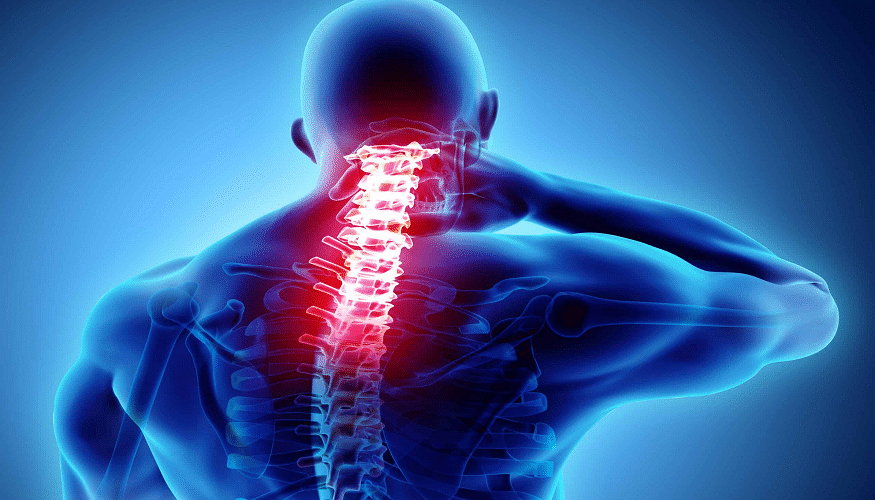It is not unusual for scientists to research a potential link between two things only to find a completely unexpected link elsewhere. Such is the case with a recently published study looking into the possibility that cannabis consumption might impact binge eating disorders.
The good news is that cannabis doesn’t seem to make such disorders worse. As for the unexpected link, researchers discovered a correlation between cannabis use and alcohol consumption, along with some of its negative impacts.
It is important to note that the study was limited to recreational cannabis use. Researchers did not look at medical users. That could make a difference as far as the alcohol correlation is concerned, given that medical users are more likely to consume cannabis under the guidance of a qualified medical professional.
Cannabis and Binge Eating Disorders
Researchers from Drexel University’s Center for Weight, Eating and Lifestyle Science wanted to know “how often people experiencing binge eating are also using cannabis recreationally, and whether patients who use cannabis experience more severe eating disorder symptoms.” They also wanted to understand if cannabis consumption had any impact on the mental health of binge eaters.
I am going to assume the study was rooted in the knowledge that cannabinoid receptors are known to influence appetite. Given that fact, it would stand to reason that intake of cannabinoids like THC and CBD could have an influence on binge eating.
All the study participants were dealing with a binge eating disorder at the time of the study. With that said, here are the three most important findings:
- More than 23% of the study participants reported recent cannabis use.
- The cannabis-using participants did not exhibit more severe eating disorder symptoms or depression.
- They did report higher alcohol consumption and related issues.
The good news is that cannabis does not seem to make eating disorders worse. The bad news is that people who use cannabis recreationally are also more likely to consume alcohol AND report issues related to that consumption.
Cause an Effect Not Established
At this point, it is necessary to take note of the fact that no cause and effect are established by the research data. Researchers do not assert that increased cannabis use leads to greater alcohol consumption. Rather, their data merely establishes a link.
It could be that alcohol consumption is more common among cannabis users because said individuals are already more inclined to use substances with psychoactive properties. It could also be that recreational marijuana and alcohol are often consumed together.
Though the study did not consider medical cannabis users, it would not be surprising to see different results among them. Medical use is an entirely different animal.
Treating Chronic Illnesses
Most instances of medical cannabis consumption relate to treating chronic illness. For example, the experts behind the Utahmarijuana.org website explain that chronic pain is the most-cited complaint anon Utah medical cannabis card holders. It is the top complaint among card holders nationwide.
When chronic pain is severe enough to be debilitating, patients will try just about anything to get relief. They use medical cannabis to help them feel better. Unlike recreational consumption, the point is not to get high per se. Not using marijuana recreationally seems to indicate a mindset more likely to avoid alcohol as well.
If nothing else comes of the Drexel study, it still confirms suspicions that cannabis consumption does not make certain eating disorders worse. Yet its link to increased alcohol consumption and related problems warrants further investigation. The last thing we need in the era of marijuana legalization is more problems with alcohol. We have enough already.

